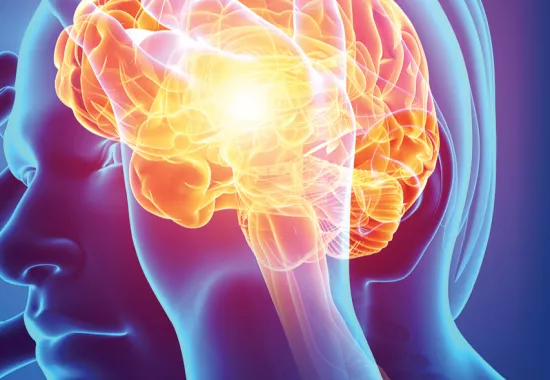The Neuroscience and Pain Research Showcase provided a timely opportunity to demonstrate the breadth of expertise across this priority research area at the Kolling.
Co-ordinated by Professors Paul Glare and Lisa Harvey, the online event attracted more than 250 people.
A diverse range of presentations focused on the cutting-edge research targeting mitochondrial disease, psychiatric disorders, spinal cord injuries and traumatic brain injuries. Researchers shared details too of world-leading projects to reduce the damaging impact of multiple medications.
Senior researcher Professor Lisa Harvey said it was an important opportunity to promote the talented researchers across this priority research area and their significant achievements.
“Our neuroscience and pain researchers have a unique breadth of skills, with their research progress directly influencing clinical practice and policy frameworks, and improving community health,” she said.
“Our research ranges from investigations into new stem cell technologies through to large international clinical trials, and it was great to hear more about these exciting projects.
“It was also encouraging to hear from the impressive early and mid-career researchers, who shared details of their ground breaking work.”
Pain Management Research Institute Director Professor Paul Glare said the presentations aligned well with the keynote talks from Professor Don Nutbeam, the Executive Director of Sydney Health Partners and Dr Tony Penna, the Executive Director of the Office for Health and Medical Research, who both highlighted the importance of translating research into clinical practice.
“The showcase emphasised the importance of research collaborations, including existing partnerships within the priority research area, and the development of new opportunities with national and international collaborators,” he said.
“The Pain Management Research Institute for instance is already working closely with our Ageing and Pharmacology team around opioid tapering, and is looking towards closer ties with the John Walsh Centre for Rehabilitation Research.
“Stronger national and international partnerships will also bolster our efforts to improve the lives of people living with neurological conditions and disabling pain.
“We’re looking forward to our next showcase which will hopefully be run in-person at a time that looks very different to now.”
